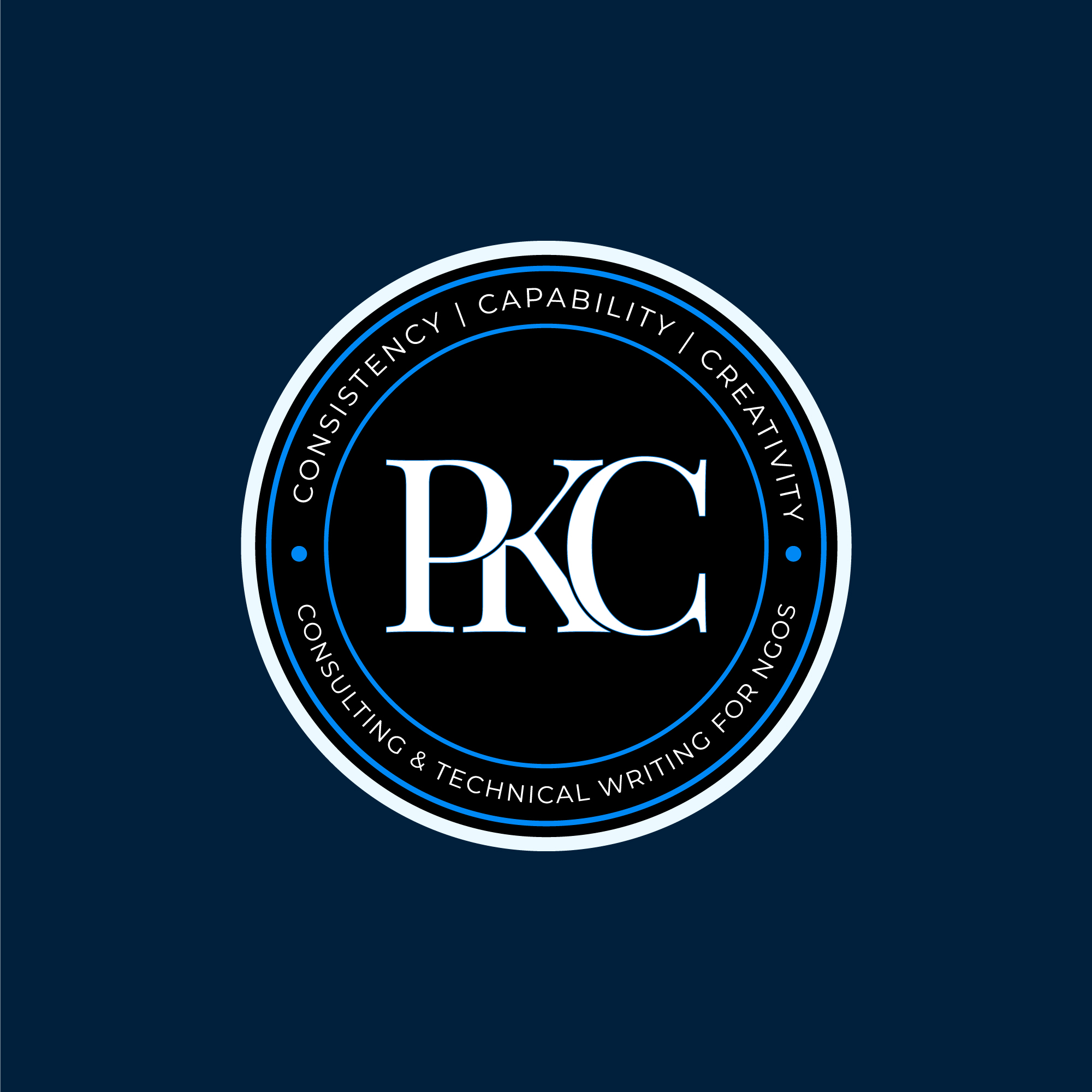Trends That Limit Access & Grant Opportunities for Nonprofits That Increase Access in PKC's 07.16.24 Funding Digest
- Pete Kimbis
- Jul 16, 2024
- 4 min read

Recent obstacles to diversity, equity, and inclusion (DEI) in legal and political realms are disheartening. Specific grant programs from the Department of Commerce's Minority Business Development Agency (MBDA) have been deemed unconstitutional by federal courts. In the 2023 Students for Fair Admissions v. Harvard decision, the U.S. Supreme Court ruled affirmative action unconstitutional. The Court determined that the affirmative action admission policies at Harvard University and the University of North Carolina violated the Equal Protection Clause of the Fourteenth Amendment, effectively ending the practice of affirmative action. This decision raises concerns about the Court's stance on who requires protection and from whom.
These setbacks underscore the slow advancement and the oscillation towards fairer systems, instilling a sense of caution within Civil Society and hindering nonprofit activities due to funding reductions, legal disputes, and heightened scrutiny.
As policymakers retract protections and limit resources, philanthropy emerges as a potential counterbalance against the proliferation of systemic barriers. The role of philanthropy is pivotal. By providing flexible, sustained funding, philanthropic organizations can empower nonprofits to continue their societal good deeds. This financial backing can support proactive equity initiatives and provide capacity building, data analysis, and communication resources.
The importance of philanthropy extends beyond financial assistance. Funders exhibit a commitment to equity by investing in nonprofits, even amidst political adversities, ultimately contributing to a more equitable society. The crucial role of philanthropy in breaking down systemic barriers to equity cannot be overstated. By supporting nonprofits, philanthropy can uplift communities, preserve progress, and pave the way for a fairer future for all.
Regional Opportunities
Opportunities for specific geographic areas
Northeastern States
The George I. Alden Trust supports independent colleges and universities in New Jersey, New York, Pennsylvania, Connecticut, Maine, Massachusetts, New Hampshire, Rhode Island, and Vermont.
The Alden Trust assists independent colleges and universities in the Northeastern region of the United States. Eligible institutions must have a minimum of 1,000 full-time traditional undergraduate students and a combined undergraduate and graduate student body (full-time equivalents) of fewer than 5,000.
The Trust's funding focuses on addressing capital requirements. Recent grants have been allocated to enhance classrooms, libraries, and laboratories and procure scientific and technological resources and infrastructure.
Through its funding initiatives, the Trust has backed initiatives that directly enhance the educational experience for undergraduate students in various academic fields, including liberal arts, sciences, fine arts, performing arts, technology, and professional programs.
The Trust has provided grants for renovating or constructing educational facilities such as classrooms, libraries, laboratories, auditoriums, and learning centers, as well as acquiring equipment and furnishings. While the Trustees predominantly offer unconditional grants, they may occasionally present challenge grants to encourage institutions to secure additional philanthropic backing from their stakeholders.
Deadlines
February 15
May 15
August 15
November 15
Boston, MA, and nearby communities
The Cabot Family Charitable Trust supports Boston area nonprofits that serve youth and ensure the healthy growth and development of infants and young children.
The Trust awards grants in various fields such as arts and culture, education, environment, health, and civic and public benefit. The trustees prefer programs that serve youth and young adults, with a particular interest in programs focused on the healthy growth and development of infants and young children.
Grant awards range from $5,000 to $50,000 for one year. The trustees decide on all grant awards based on criteria such as reflecting Cabot family interests, extending essential services to underserved individuals and groups, managing change, promoting cooperation, and testing new approaches to problems. The application process begins with submitting a concept paper by the deadline. Applicants will be notified of receipt and any further information needed via email.
Deadlines
February 1
September 1
Federal Opportunities
Opportunities from the U.S. government
This Department of Education grant aims to address the need for a diverse workforce serving children with disabilities. It funds projects focused on personnel preparation in special education, early intervention, related services, and regular education. Successful proposals will demonstrate strategies to recruit, prepare, and retain individuals from underrepresented groups to work with children with disabilities. This may include innovative curricula, fieldwork experiences, mentoring programs, or other evidence-based practices. Grant recipients are expected to collaborate with local education agencies and community partners to ensure the sustainability of their efforts.
Deadline
August 12
The Department of Housing and Urban Development's Eviction Protection Grant Program supports nonprofits and government entities that provide free legal assistance to low-income tenants facing eviction. The program aims to increase housing stability by preventing evictions, ensuring fair legal processes, and promoting alternative resolutions. It prioritizes areas with high eviction rates and encourages collaboration between legal aid providers, community organizations, and courts.
The total funding available for the program is $40 million, split between fiscal years 2023 and 2024, with $20 million allocated for each year. The NOFO also mentions the possibility of additional funds becoming available for awards in future fiscal years.
For further information, refer to the official resources that provide more details on factors HUD considers when determining award amounts.
Deadline
August 20

If you need assistance with similar opportunities, reach out here.





Comments